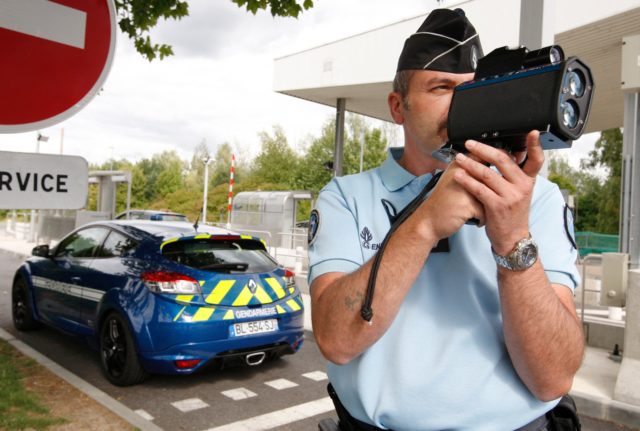EUROPEAN UNION
France rejects ‘a la carte’ Europe for Britain
France's economy minister has warned against the creation of an "a la carte" European Union but said he was willing to discuss reform proposals put forward by British Prime Minister David Cameron.
Published: 24 June 2015 13:59 CEST

French Economy and Industry minister Emmanuel Macron. Photo: AFP
“I think we have to be extremely cautious not to create a sort of EU a la carte,” Emmanuel Macron said in an interview with the BBC broadcast on Wednesday.
“If you speak about treaty change, the answer is no,” he said in a reiteration of French policy, adding: “Having said that, it clearly depends on the details.
“If it's a way to reduce freedom of movement I think that's a problem because it's part of the European DNA. If it's just to adapt rules and if it's feasible with the others we can discuss,” he added.
Cameron has promised to hold a referendum on Britain's EU membership by the end of 2017 and has said that he will campaign to stay in as long as he can negotiate a series of reforms with EU partners.
These included stricter requirements for EU migrants in claiming British welfare benefits, and for London to be given greater powers to opt out of EU policies even as other European states deepen integration.
“I don't understand how it's possible to say 'We, UK, want to have all the positive reasons to be part of the club at 28… but we don't want to share any of risks with the other member states'” Macron said.
“It doesn't fly, it's a common responsibility,” he said, adding: “If the answer to this political situation is less Europe we will progressively dismantle Europe.”
Url copied to clipboard!


 Please whitelist us to continue reading.
Please whitelist us to continue reading.
Member comments